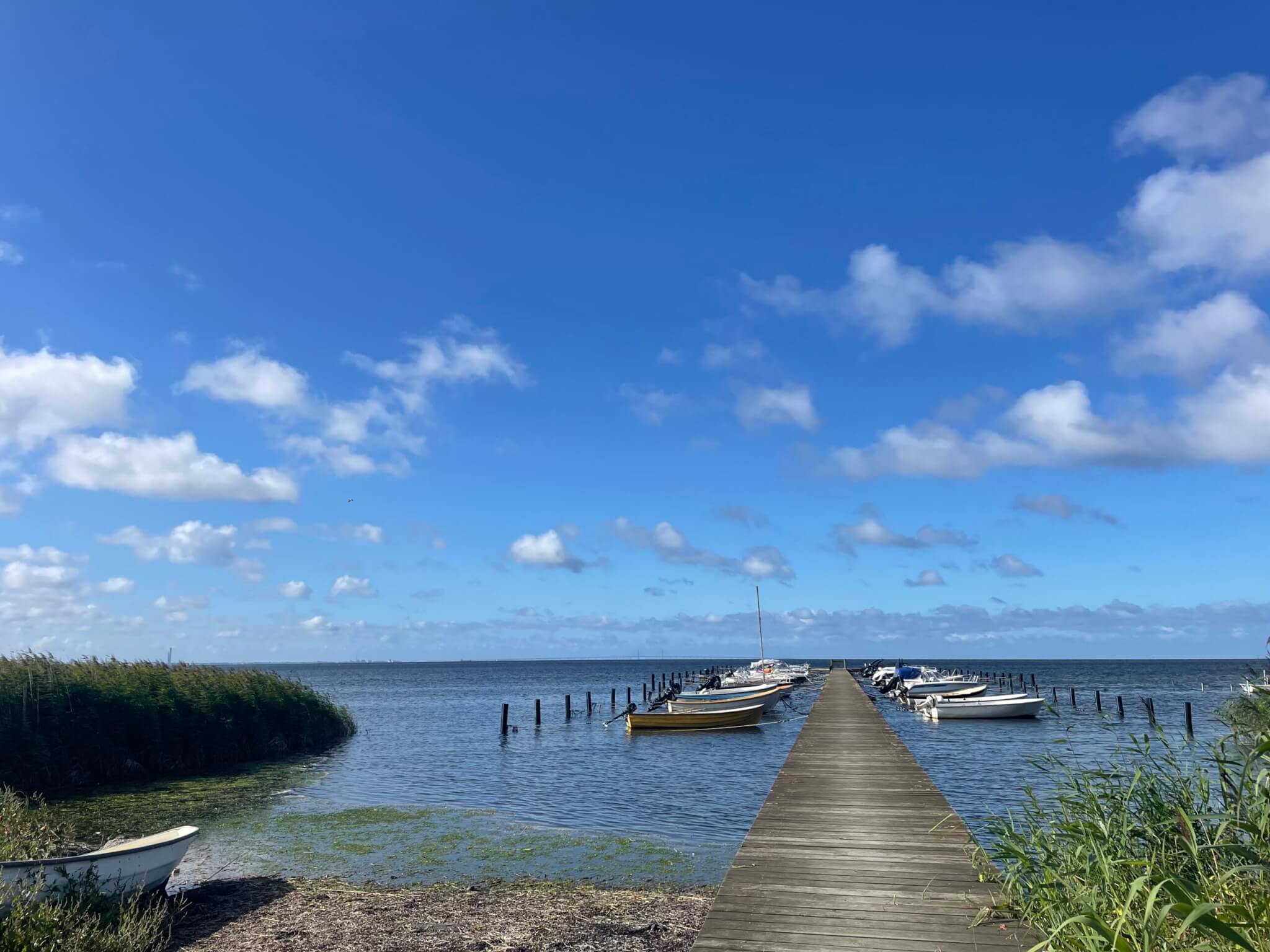
Published! Lévy & Glessmer (2025) on how cultural expectations can make it difficult to teach for sustainability
Sometimes, it is really difficult to navigate cultural expectations around teaching for sustainability. My colleague Léa and I just published a “perspectives” article about an experience in Léa’s teaching that we reflected on together.
In her teaching, Léa said something critical of the “business as usual” narrative, and a visiting colleague brought that up to her after class as something that was odd, out of place, maybe even inappropriate. Definitely unexpected. Possibly making the students uncomfortable.
Léa and I had coffee later that day, and she brought up that experience, her colleague’s reaction, and her cognitive dissonance between her own perception of the situation and the students’ reaction, and her colleague’s feedback. So we decided to try to get a bit more clarity on the situation. At the end of the next session (which was also Léa’s last session in that course), she asked for short, anonymous written feedback on students’ perception of the course. And nobody mentioned “the rant” (which Léa and I have jokingly started calling that episode). Now, we did not ask specifically “what did you think when Léa said x?”, but we asked very broad questions that — we think — gave room for any kind of comment along the lines of “Léa said x and made us very uncomfortable”. In our experience, if students have something they are unhappy about, they will let us know.
So what does it mean that nobody mentioned “the rant”? Of course it could mean that for some reason students just did not bring it up. But seeing all the other things they did bring up about the course, the more likely explanation seems to be that it just did not leave as big an impression on them as it did on Léa’s colleague. Yes, maybe nobody was listening at that moment (unlikely, since Léa is a very energetic speaker and she also perceived the students as attentive during that time). Maybe they did not feel that Léa was stepping out of the culturally accepted teacher role by being critical of “business as usual”, or maybe they even welcomed it.
We experienced how it is easy for teachers to feel constrained by the (perceived?) cultural expectations of our peers, and that this can easily lead to self-censorship if we don’t explicitly work on reflecting on it and figuring out what we actually want to do with our academic freedom (which is, btw, a core value in LU’s education strategy). Which is — at least for us — to be critical of “business as usual” and open up for discussions of values, priorities, and desirable futures! So we reflect on this episode as encouragement to stretch the boundaries of the traditional teacher role a bit more, to make more room for what matters — critical thinking and discussion of diverse perspectives!
Lévy, L., and Glessmer, M. S. (2025). “Working to Overcome the Fear of Student Discomfort and Peer Judgment While Teaching for Sustainability”. Nordic Journal of STEM Education 9 (3):300-307. https://doi.org/10.5324/njsteme.v9i3.6304